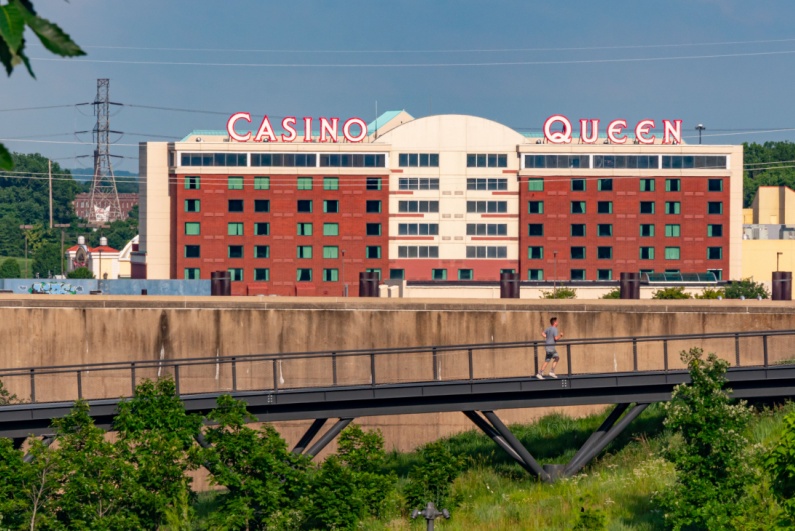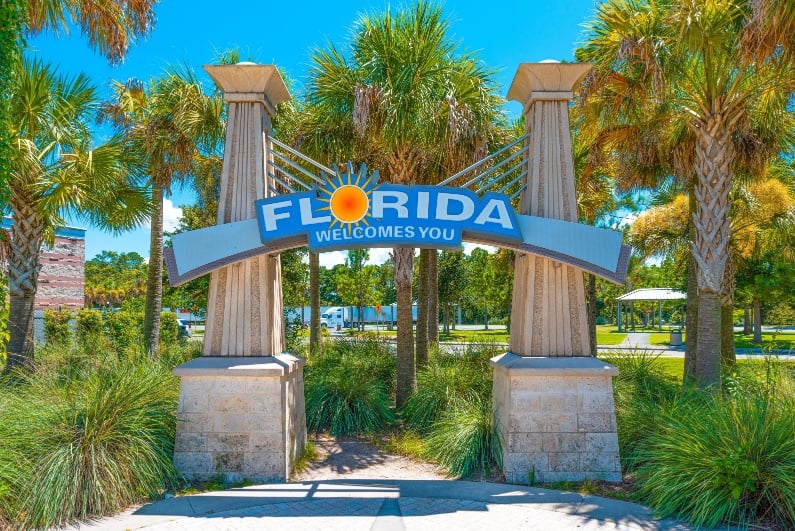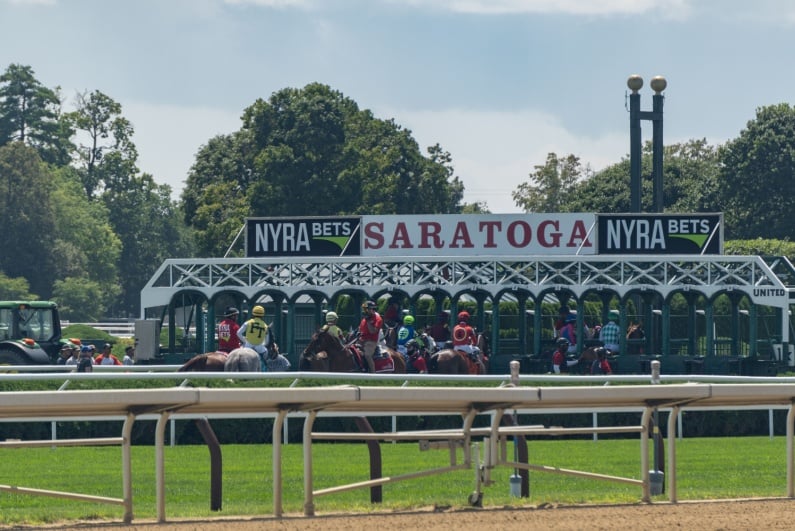Proponents claim state is already losing money
In November, Missouri residents will have a chance to vote on Amendment 2, which aims to legalize sports betting in the state. Proponents claim that doing so will bring the state in line with neighboring states that have already legalized the pastime. But more than that, proponents claim that the state is already losing money to neighboring states as they draw sports bets that are currently illegal to make in Missouri. Supporters of the ballot measure also say that legalizing sports betting in Missouri will add valuable tax revenue to benefit students and educators.
With the November 5 election less than a month out, Bally’s casino has funneled $1m into the campaign for Amendment 2.
a new casino will pop up on the Osage River below the Bagnell Dam
In addition, the campaign for Amendment 5 received $500,000 from Eldon-based Osage Landing Development Co. and RIS Inc. All told, contributions to the Amendment 5 campaign total over $2m. If the contributions help make the difference, a new casino will pop up on the Osage River below the Bagnell Dam, a popular boating and recreation destination for Missourians.
Missouri constitution limits casino locations
The fight is not without obstacles. The current Missouri constitution limits casino locations to sites along the Missouri and Mississippi rivers. But if approved, the St. Louis Post Dispatch reports that the project “is expected to create 500 construction jobs and more than 700 permanent jobs.” In addition, “[t]ax revenue from bettors would be earmarked for early childhood literacy programs in public schools.”
The new casino may compete with an additional Lake of the Ozarks casino proposed by the Osage Nation. There is no guarantee the competition would occur, however, as the Osage Nation is waiting for approval from state and federal officials to construct the tribal casino.
An additional supporter of Amendment 2 comes from New Jersey-based Betfair Interactive, which is part of the online betting giant FanDuel. Betfair Interactive donated $5m to the Amendment 2 campaign. State records show that over the past two months, contributions from FanDuel and DraftKings total over $25m.
the funds would help offset an industry that is perpetually underfunded
Proponents point toward the potentially healthy increase in revenue for public education. Projected revenue is listed at an estimated $28.9m per year, or over $105m over the next five years. Though this only represents a small portion of overall education spending, the funds would help offset an industry that is perpetually underfunded.
The St. Louis Post Dispatch reports that “in the current fiscal year, the state budgeted nearly $4 billion in general revenue for the Department of Elementary and Secondary Education,” but “[t]otal funds for the department totaled more than $8.7 billion.”
Amendment faces heavy opponents to expansion
With heavy proponents, however, come heavy opponents. In September, a political action committee (PAC), Missourians Against the Deceptive Online Gambling Amendment (MADOGA), was created to try to sway Missourians against the proposals.
Caesars Entertainment has donated over $14m to the MADOGA campaign. Caesars hopes to stop the potential competition from rising up against its three current Missouri casinos: Isle of Capri Boonville, Harrah’s Kansas City, and Horseshoe St. Louis.
In a statement, Caesars called Amendment 2 a “flawed approach to expanding sports betting” and a “bad deal for Missouri” that “masquerades as an education funding solution while making no guarantee that the state will see a single penny in revenue.”
For example, opponents point toward a provision that sets the betting tax rate at 10% but allows companies to deduct “up to 25% of promotional subsidies [from] their taxable revenue.” The goal is for higher state tax revenues, but the provision could instead lead to higher profits for the companies.




